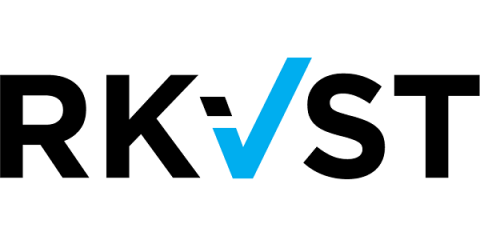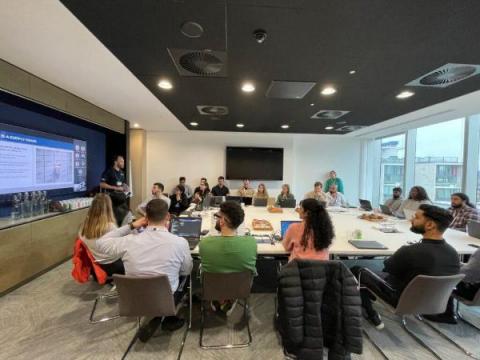Tracking the transport of radioactive sources with blockchain
This week, Australian authorities recovered a tiny capsule, just 6mm x 8mm (0.24 x 0.31 inches) along a 900km section of Australia’s longest highway, the Great Northern Highway. The pea-sized capsule was a radiation gauge containing caesium-137, a radioactive material with a half-life of 30.05 years, that is used to measure the density and flow of materials in the mining, and oil and gas industries.







